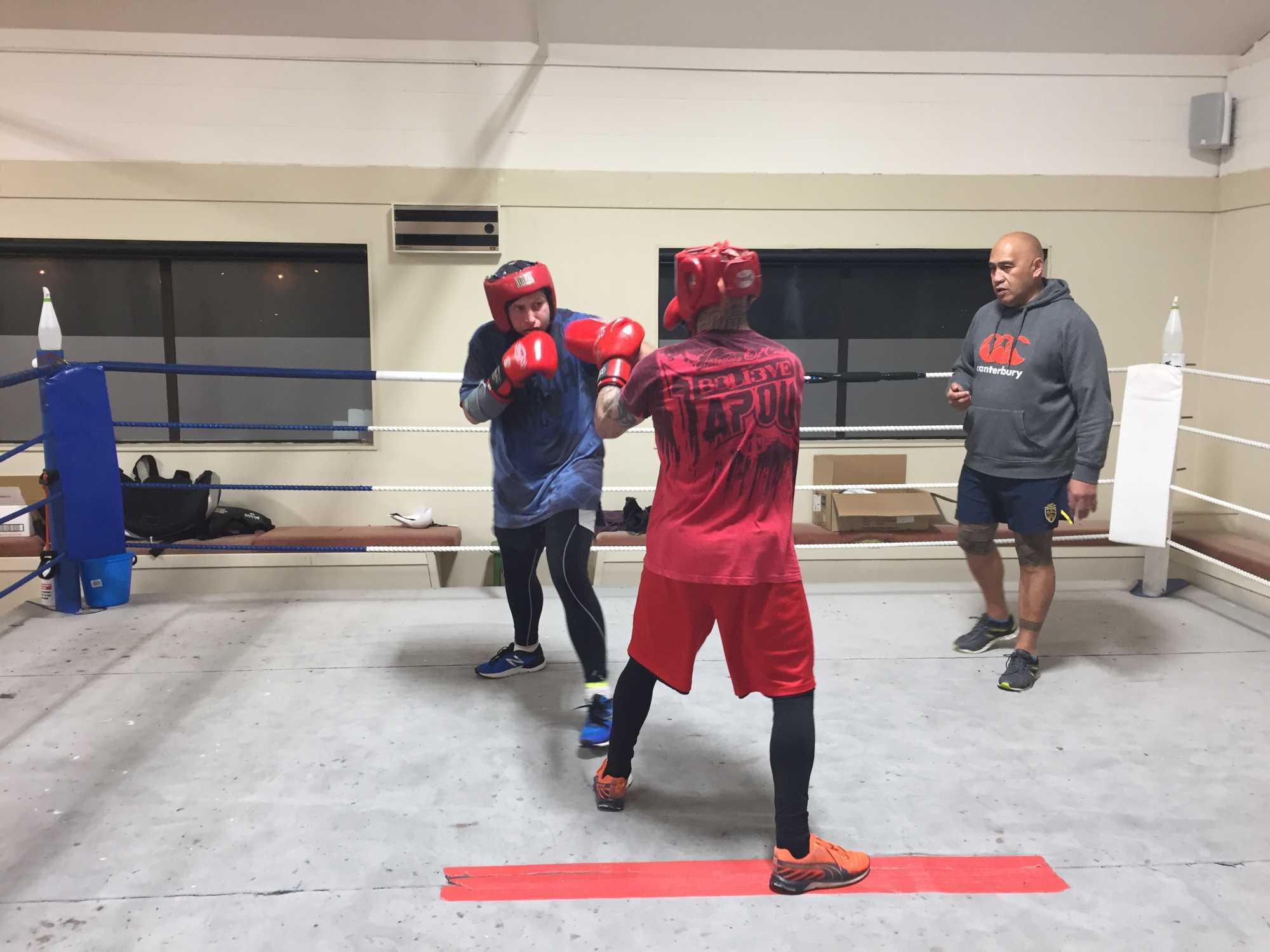
Fight for Kidz showing what can be achieved through collaborative approaches to alcohol
Dave Bartley knows first hand how difficult it can be to run a successful event.
Dave has been co-running the Fight for Kidz for 15 years.
And while it’s been 15 years of fun, it has also not been without its challenges, and the event has undergone quite a lot of changes in that time.
Dave and the rest of the organising team recognised early on that there was potential for the event to be, in his words, a ‘debacle’.
In fact, in its first year, it was a debacle. People ‘pre-loaded’ and arrived at the event already under the influence, and there were scuffles afterwards.
So the team decided to take action to make sure something similar didn’t happen again.
Since then they have made lots of changes to how the event is run.
The first change was to move the event from a Saturday night to a Friday night. It was a short-lived change, but it worked well. Moving it to a Friday reduced the opportunity for people to pre-load, and made the event much less alcohol-focused. Now that the event is running more smoothly, it has been moved back to Saturday.
They have also adopted a smaller alcohol allocation for each table. At the first event there were no controls in place to limit the amount of alcohol available for each ticketholder, and the table allocation was 60 bottles of beer and 10 bottles of wine.
Today, the table allocation is 36 bottles of beer and six bottles of wine, and people wanting to consume that allocation need to present tickets at the bar. Organisers have also introduced a timed limit, meaning after a certain time, people can only purchase two beers at a time, and can only purchase wine by the glass, rather than bottle. They also hold regular meetings with police, the fire service and other key people during the event to gauge behaviour and make decisions about alcohol consumption.
Low alcohol beer options will be available this year.
The virtually continual provision of food has also helped, as has providing plenty of entertainment, both in the form of the boxing, and music.
The system has worked extremely well and the organising team now have a well-run event on their hands, Dave says.
In its first year it raised $30,000 for charity, but that grew to $100,000 the last time it was held. Since 2003, more than $500,000 has been given to charity from the event.
The team has worked closely with police and the fire brigade on a special floor plan which limits the number of tables and therefore the number of tickets that can be sold, and have also worked closely with the district licensing authority on an alcohol plan to ensure the event is run safely.
“The whole idea is to run an entertaining and fun night for everyone, but we also have to make sure that people can enjoy themselves safely.”
“It’s a great opportunity for people to get dressed up, go out for a great night, and have a lot of fun, and we want it to stay that way.”
Dave is hoping other organisations looking to run fundraising events can learn from the Fight for Kidz experience, but also use their model as a template for how to run a successful event.
“Sometimes dealing with all the stakeholders, such as the Licensing Authority, police, caterers, and the Licensing Trust can seem daunting and there’s a danger that some groups could be reluctant to give similar events a go. But it is possible to be a responsible host and put on an event where people can have a great time,” Dave says.
Inspector Mike Bowman said Fight for Kidz organisers had worked hard to ensure the event was run as smoothly as possible, and various steps had been implemented, including increased security to protect against pre-loading, staff continually assessing people attending the event, reduction of alcohol sales during the event, introducing a cut off time for alcohol sales, providing transport after the event, and promoting safe messaging during the event.
Organisers were also meeting regularly with police and other stakeholders before the event to look at ways it could be run better, he said.
Healthy Families Invercargill manager and Murihiku Alcohol Action member Jared Cappie said creating safer drinking environments was something everyone could play a role in.
“Fight for Kidz is an example of a community leader having the power to facilitate change. We all have a role to play to create a safer drinking environment in our community.”
This year’s Fight for Kidz will be held at the ILT Stadium Southland on April 28.
Caption: Entrants in the 2018 Fight for Kidz get in some practice before the event. Photo: Healthy Families Invercargill
April 2018